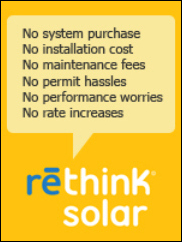High profile experts debate climate change, posted by Ben Nickell, GreenSteps Ltd.
Billed as ‘Climate change and the environment – your questions answered’, Ben Nickell, GreenSteps Ltd’s Managing Director, was eager to discover how a debate could live up to such an ambitious title.
A lively debate on climate change took place at the Royal Geographical Society on Thursday 30th November; featuring Professor David Bellamy OBE, Greg Barker MP (Shadow Environment Minister), Peter Mather (UK CEO of BP), Professor Mark Maslin and BBC Newsnight’s ‘ethical man’ Justin Rowlatt. I attended the event to find out how the panel of experts tackled the types of questions posed by an informed and inquisitive audience.
Whilst an evening such as this was only ever going to scratch the surface of the subject matter, a number of valuable conclusions appeared to be reached. These can be summed up as follows: Yes, climate change is a serious physical and economic issue for the UK; yes, the weight of scientific evidence indicates that climate change is happening now; yes, we should all be doing something about it and we can each make a difference; no, it is not a fruitless exercise to reduce our own CO2 emissions in the light of the industrialisation of China and India; no, raising green taxes is not the best incentive to persuade people to ‘go green’; yes, the UK has an opportunity to lead the way in green technology and eco-living; and whether you agree or disagree about the extent of global warming and climate change, the positive impacts of adopting a ‘greener’ lifestyle are beneficial to individuals, communities and nations and are therefore worth adopting anyway. Read on to discover how and why these conclusions were reached.
Read More »High profile experts debate climate change
 The initial cost of installing solar power can make the technology prohibitive for some, so it’s very exciting to see what US corporation
The initial cost of installing solar power can make the technology prohibitive for some, so it’s very exciting to see what US corporation  Ethan Miller writes an inspiring article for
Ethan Miller writes an inspiring article for